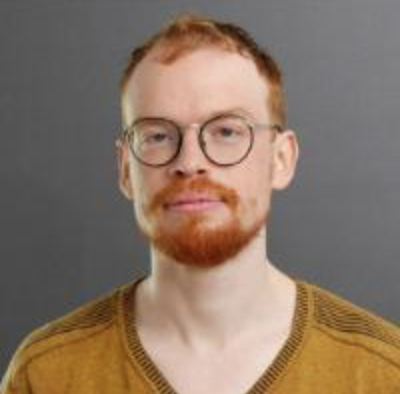PhD lectures from the 2022/23 series
November 9, 2022
Tobias König (University Frankfurt)
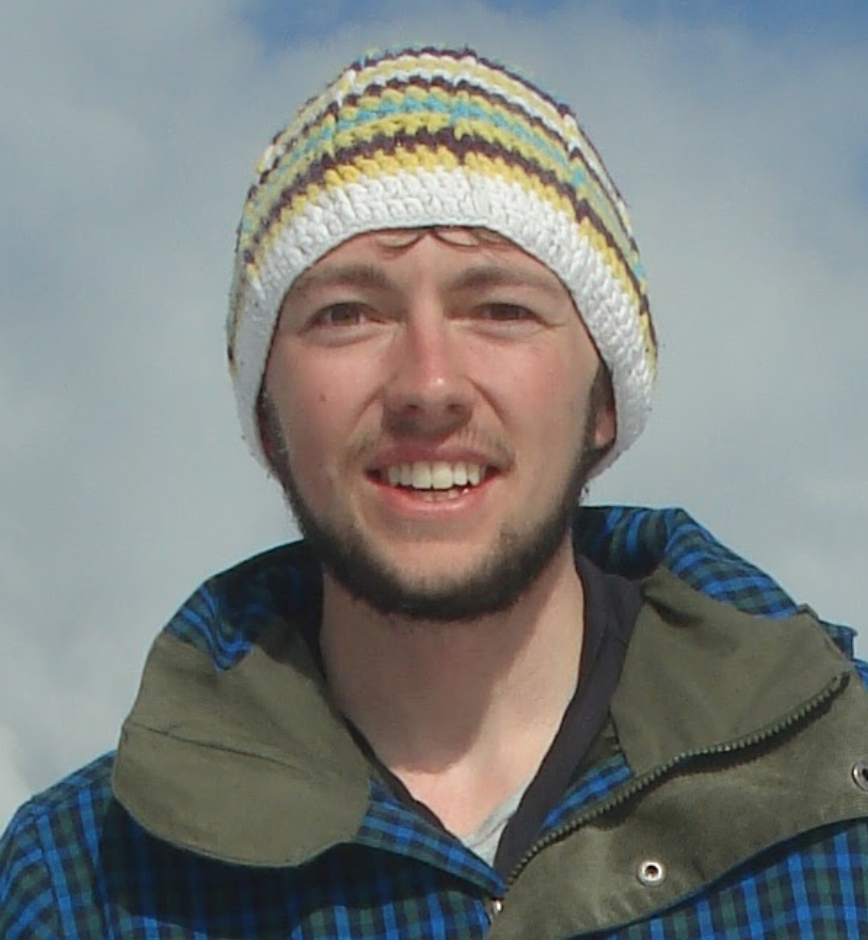
Functional inequalities and eigenvalue bounds for Schrödinger operators
Functional inequalities play an important role in proving stability of quantum-mechanical systems. The goal of this lecture is to give a gentle introduction to functional inequalities and their implication for bounds of eigenvalues of Schrödinger operators -Δ + V. The lecture will consist of two parts. In the first part, as a warm-up I will discuss the most basic instance of the above program, namely bounds on the lowest eigenvalue of a Schrödinger operator via Sobolev's or Hardy's inequality. In the second part of my lecture, the focus will be on the famous Lieb-Thirring (LT) inequality for sums of eigenvalues of Schrödinger operators, which allows to prove stability of matter. I will explain its connection to the Sobolev inequality and mention some important open questions. As a limit case of the LT inequalities, I will also discuss the Cwikel-Lieb-Rozenblum (CLR) bound for the number of negative Schrödinger eigenvalues.
December 14, 2022
David Gontier (CEREMADE Université Paris-Dauphine)
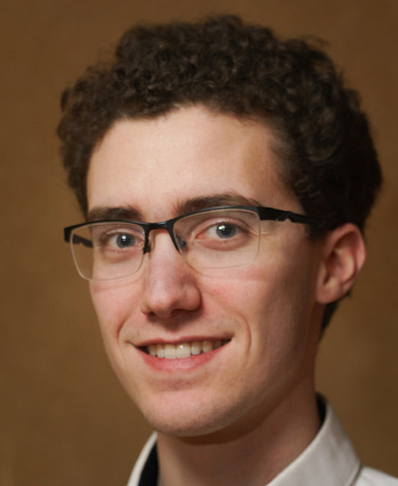
Numerical methods for linear periodic systems
In this lecture, I will present numerical methods to compute the spectrum of periodic operators. Such operators have typically purely essential spectrum, and cannot be studied directly due to spectral pollution. We will review several methods for these operators, and in particular introduce the Bloch transform. We will show how to obtain the band diagrams of such operators, and how to compute physical quantities such as the energy per unit cell.
January 10, 2023 at 17.30 (note the unusual day and time)
Jacob Shapiro (Princeton University)
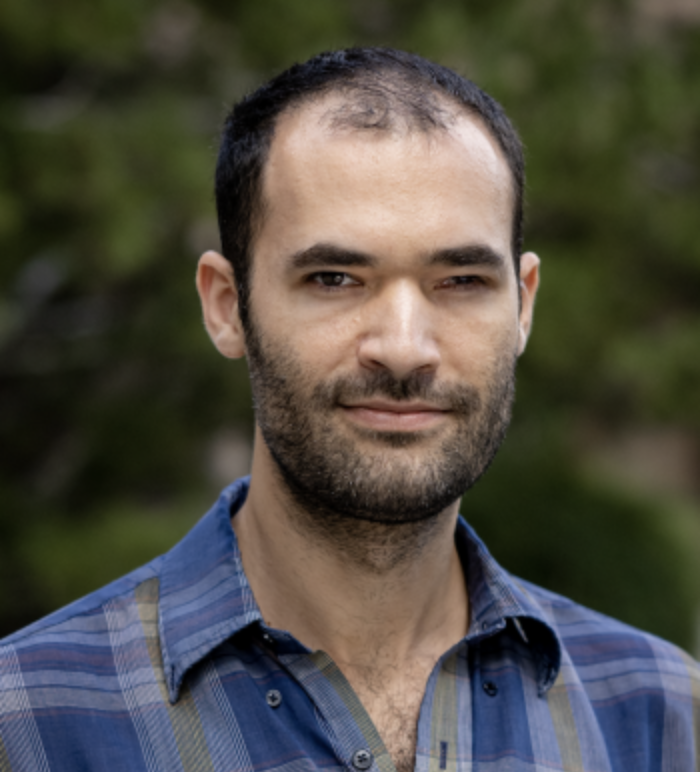
An overview of mathematical aspects of topological insulators
Topological insulators are recently discovered novel materials which exhibit exotic behavior: they are insulators in their bulk but excellent conductors along their boundary, and--strikingly--there is a quantum mechanical macroscopic observable which one could calculate (e.g. a zero temperature DC conductance) which exhibits quantization on Z or Z_2. The first example is the integer quantum Hall effect which dates back to the 1980s, but in 2005 more examples, associated with other symmetry classes, were discovered and later on a whole table due to Kitaev was formed, patterned after K-theory. This meeting point between quantum mechanics, functional analysis and algebraic topology is a convenient place for mathematical physicists to tackle interesting problems, some of which I shall review in this non-expert, introductory talk.
February 15th, 2023 at 11.30
Léo Morin (Aarhus University)
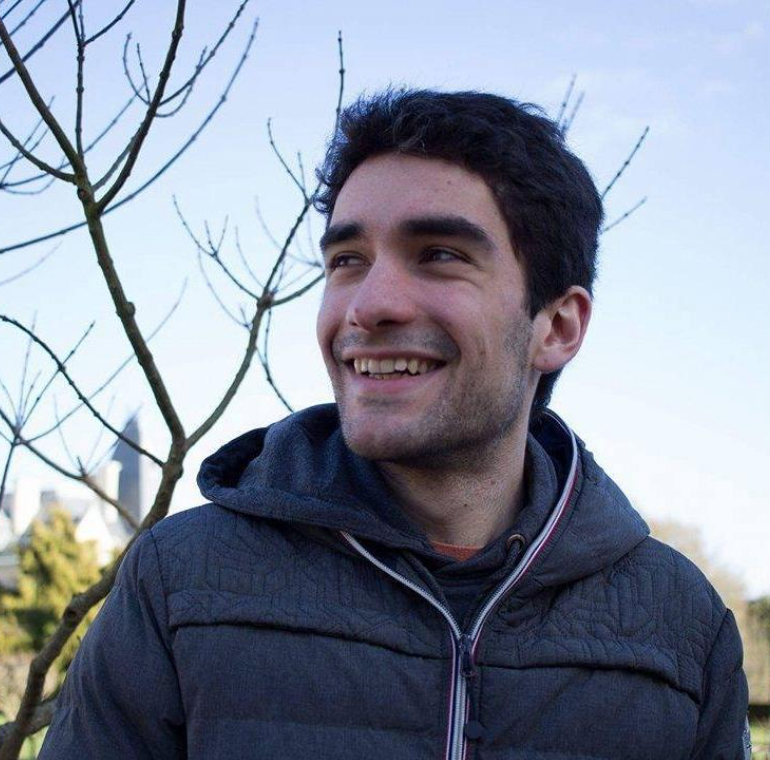
An introduction to semiclassical analysis
The aim of semiclassical analysis is to link quantum and classical mechanics. Formally, this corresponds to taking the limit \hbar -> 0 in the equations of quantum mechanics. During this talk, we will introduce some of the main tools to study such singular limits, such as pseudodifferential operators and Egorov Theorems.
March 15th, 2023
Antoine Levitt (Université Paris-Saclay)
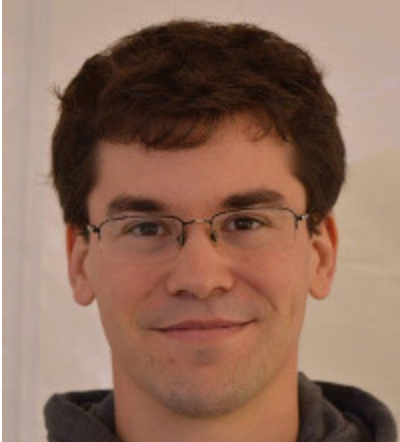
Numerical methods for quantum dynamics
I will give an introduction to numerical methods for simulating the dynamics of quantum systems. I will review the time-dependent Schrödinger equation and its approximations in various regimes, and discuss methods to simulate many-body problems approximately. I will then focus on the solution of the one-body problem, already highly non-trivial, with particular attention to the issues arising from truncating to a finite domain.
April 26th, 2023
Freek Gerrit Witteveen (University of Copenaghen)
What is quantum information?
The development of modern communication technology has given rise to a theory of information. As (mathematical) physicists, we know that the world is fundamentally quantum mechanical, and a fundamental theory of information should be a theory of quantum information! In this lecture, we will see how we can understand 'information' in a quantum system. We will first introduce natural operational definitions of information and I will then explain that these can be computed by entropic quantities.
May 17th, 2023
Filippo Boni (University of Naples Federico II)
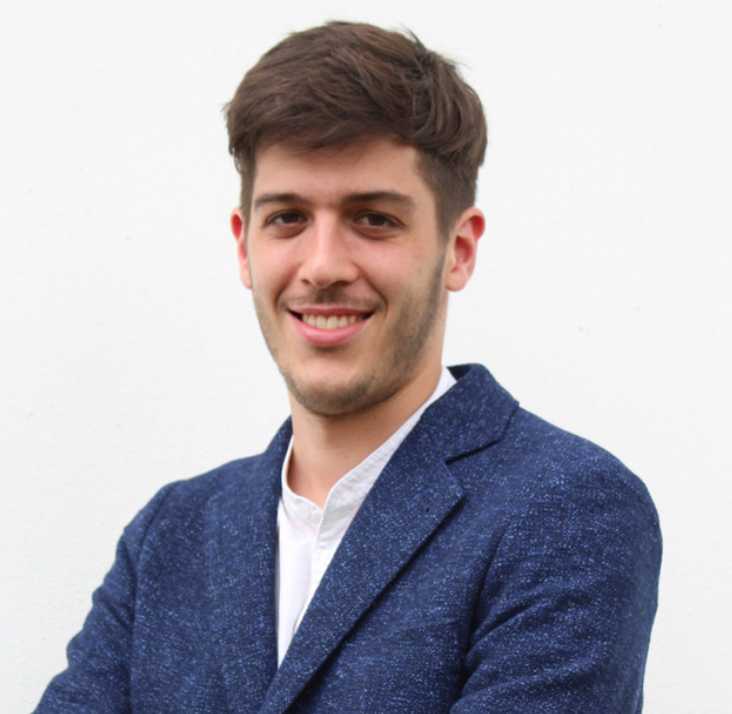
Quantum graphs: from linear to nonlinear models
Quantum graphs arise as simplified models for the propagation of waves of various nature in quasi-one-dimensional structures. In the first part of this lecture, we will define quantum graphs. We will focus first on the boundary conditions one can put at the vertices of the graph in order to define self-adjoint operators. We will then discuss some basic issues related to the spectra of quantum graphs. In the second part, we will consider nonlinear models. In particular, we will discuss the existence of ground states at fixed mass of Nonlinear Schrödinger Equations on metric graphs and we will present some open issues and future developments.
